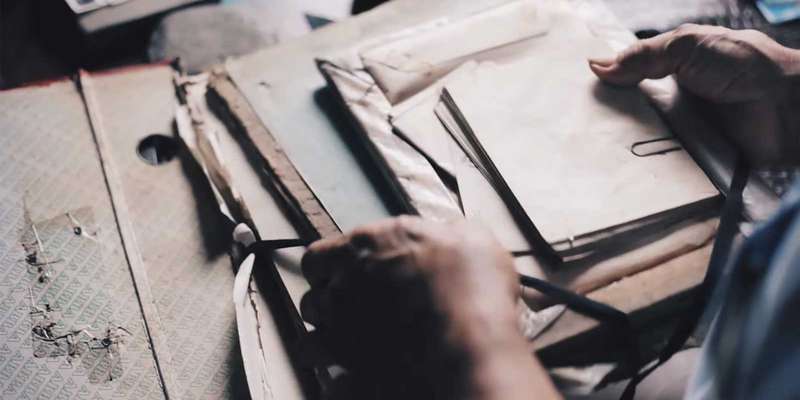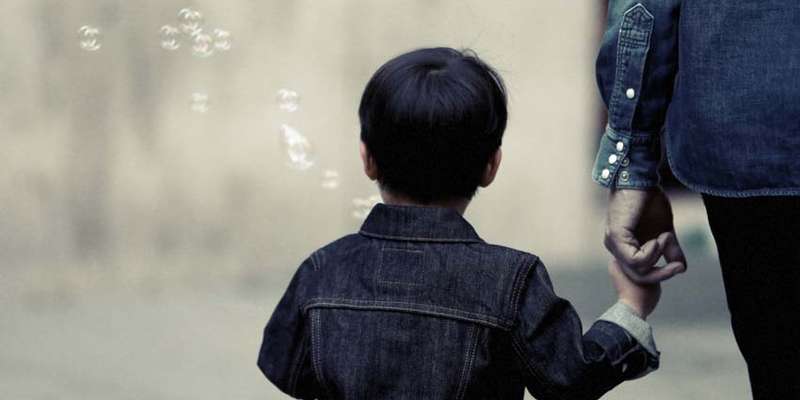I remember the first time I ever saw a dead person. I was a 14-year-old girl, and it was at the funeral of my maternal grandmother.
Now, the maturity of a 14-year-old girl then and the maturity of a 14-year-old girl today are quite different, after all, my knowledge came from a hard-covered Encyclopedia Britannica book that had pasted labels on the pages that were sent to you each year to stick on the pages of the original set, so the reader could be referred to an annually-dated book that was sent to a person's home with current information. Certainly, a much different way of gaining knowledge compared to the Google world today where within seconds a person can look up any topic and retrieve data.
So, to say the least, I didn't know anything about death except that one day my dad took our German Sheppard to the vet, and she never came back. She had died.
Confusion and Fear Over Death
Now, here I was and grandma was dead. Everybody was in tears, so I innately knew, somehow, perhaps through the death of our dog, that grandma wasn't coming back. I don't recall seeing the dead body of our dog, so, even though I was 14 now, I didn't comprehend why all the relatives wanted me to see her in this thing that I now know is called a casket.
I was perfectly fine at the back of the funeral parlor in a chair by myself watching everyone else move to the front of the room, look at was apparently my grandma laying up there and then leave in tears. Why would I want to go up there? Everybody was so sad.
At one point my mother along with her siblings, their spouses and a couple of my cousins began settling to the front of the parlor to sit for the ceremony, which, again, I had no knowledge of the purpose or meaning. My mother asked me to move to the front of the parlor with the rest of the family, but despite my strict upbringing of never disobeying a parent's request, I rejected the notion with an immediate funnel of tears and sobs. I didn't want to go.
In order to avoid a further scene in front of the mourners, my mother immediately hustled me out of the room and directed me down a lighted hallway, which was much different than the dimly lit room we had just left, to a small lighted room situated with books, a couch and a couple chairs. It was there she advised me to sit until she came back to get me.
I remember being perfectly fine in that room by myself. There was a box of tissues that I used to wipe my eyes and managed to twist into a winded, snotty rope that I was playing with in my lap.
It wasn't but a short time after my mother left that my uncle arrived at my side and told me I needed to go into the parlor with the rest of the family. The tears began to flow again as he lifted my arm and guided me into the room with the rest of the family where I could now see from my chair the face of my grandmother laying motionless in a casket.
I don't know what words were spoken or who spoke for that matter. I only remember my entire family in tears and my dad comforting my mother.
After the "service," which I bawled through, was over the entire family made their rounds to the front of the casket where I could clearly see my grandmother dressed in a beautiful, pale pink, chiffon dress. Her hair was nicely curled and there was a bit of color to her normally plain, non-cosmetized face. She didn't speak and afterwards we all moved along and on with our lives we went. I never did, however, forget the feeling I had when I was forced by my uncle to see what I clearly didn't want to see.
Fast-forward a series of life experiences, along with the death of two more grandparents, two great-aunts, and a mother, I was now faced with the death of my husband.













